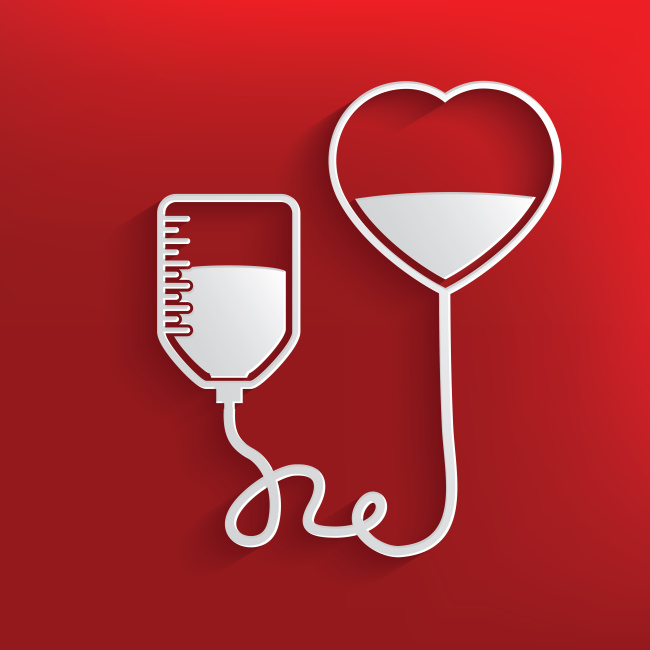When getting to know someone in South Korea, there is a good chance that at one point or another, you will be asked, “What’s your blood type?”
To outsiders, blood type may mean nothing more than information needed to find a match for a blood transfusion.
But in Korea, a person’s blood type -- either A, B, O, or AB -- is widely believed to be predictive of personality and temperament, similar to horoscopes in the West.
Under the blood type personality theory, a person with Type A blood is diligent and caring toward others, but also overly anxious and perfectionistic. Those with Type B blood are optimistic and passionate, but can be forgetful and self-centered.
 |
(123RF) |
The theory, clearly based on pseudoscience yet still commonly referred to, works its way into romance as well.
The worst match, for example, is said to be a couple in which the woman is Type A and the man is Type B. The best romantic match is between a Type A woman and a Type O man.
Despite a lack of scientific basis, the blood type personality theory has grown to become a cultural norm here since the concept emerged in the late 1990s.
According to a 2017 poll by Gallup Korea, around half of the population (58 percent) said they believed the blood type personality theory to some degree, while the remaining 42 percent said they did not.
In terms of demographics, around 34 percent of the Korean population are Type A and 28 percent are Type O, while 27 percent are Type B. Type AB accounts for the remaining 11 percent, according to the pollster.
Scientifically, blood type differs according to the type of proteins in the blood. It is a genetic trait that is determined by your parents, with no evidence-based links to personality. Nonetheless, the theory remains popular to this day.
As for its history, the ABO blood group system itself was developed by Austrian physician Karl Landsteiner, who in 1901 discovered general variations in human blood, defined by the presence or absence of two antigens A and B. His Nobel-winning work paved the way for safer blood transfusions.
The slightly different notion of dividing populations by blood type initially originated from Nazi Germany, where research in the 1910s and 1920s sought to prove racial superiority by examining blood type distribution.
The idea was later picked up by Japanese academic Takeji Furukawa, who published a paper proposing a link between blood type and personality in 1927, also in a bid to explain perceived racial traits. In the 1970s, the theory rose to mass popularity through a series of books published by Masahiko Nomi, who had no medical background.
Soon after, the blood type personality theory arrived in neighboring Korea, initially gaining popularity with the younger population. The idea became more mainstream in around 2004, when many pop songs, films and TV programs exploring the theory shot to popularity.
An iconic example is the 2005 romantic comedy “My Boyfriend is Type B,” which pursued the idea that a Type A woman and a Type B man are incompatible as a couple due to their blood-defined personalities.
At the time, the film was criticized for creating and spreading false stereotypes about Type B men, who were depicted as callous, selfish and incompatible with Type A women.
Though years have passed, the blood type personality theory continues to persist in Korea as one of many potential ways to learn about the characteristics that define you and those around you.
As for the question of why? There is no clear answer. But one theory is that the notion bodes well with a culture of “self-development” that was forged by the competitive nature of Korean society, according to local culture critic Lee Taek-gwang.
“The popularity of the blood type personality theory in Korea is fueled by a general desire to learn more about one’s own traits and the traits of others for the sake of ‘self-development,’” said Lee, who is also a professor of global communication at Kyung Hee University in Seoul.
“People are interested in figuring out their strengths and weaknesses so they can be successful in life, be it in your career or a romantic relationship. And the blood type personality theory steps into the picture as an easy, simple method of assessing yourself and others, even if it’s not to be taken seriously,” he said.
By Sohn Ji-young (
jys@heraldcorp.com)








